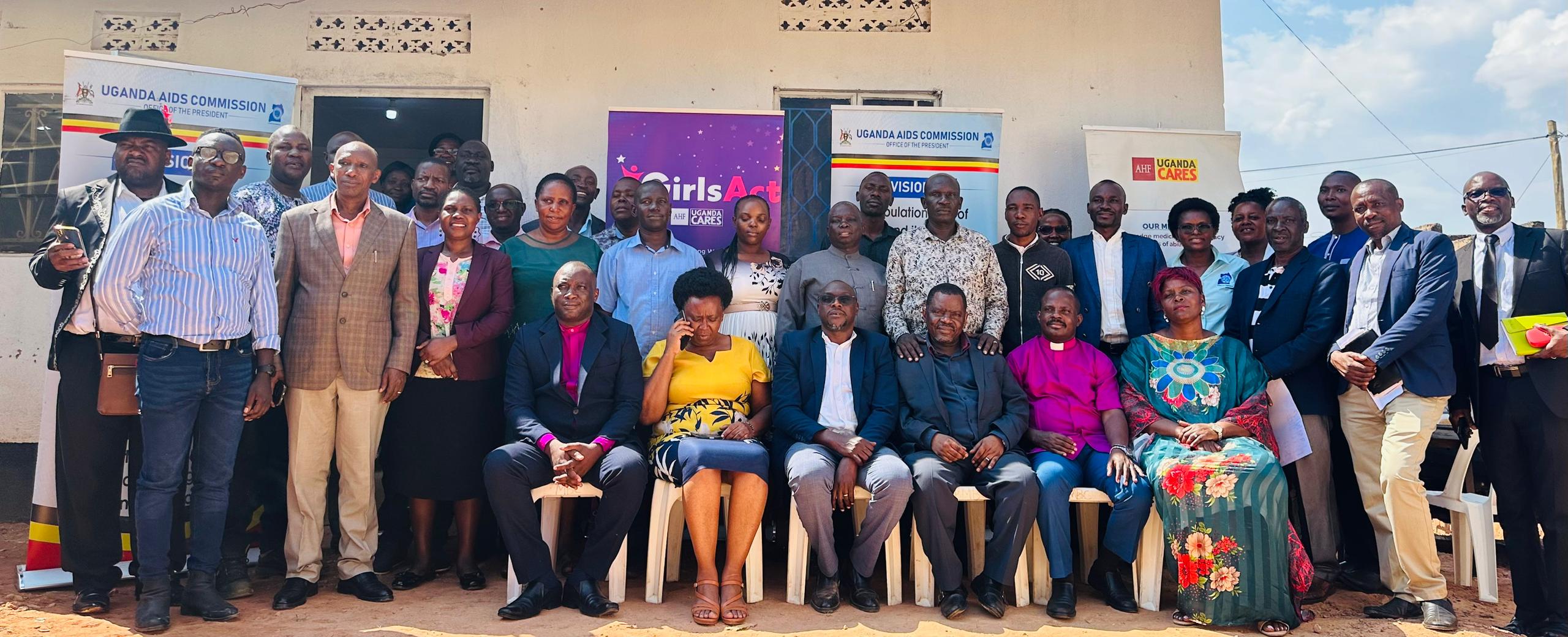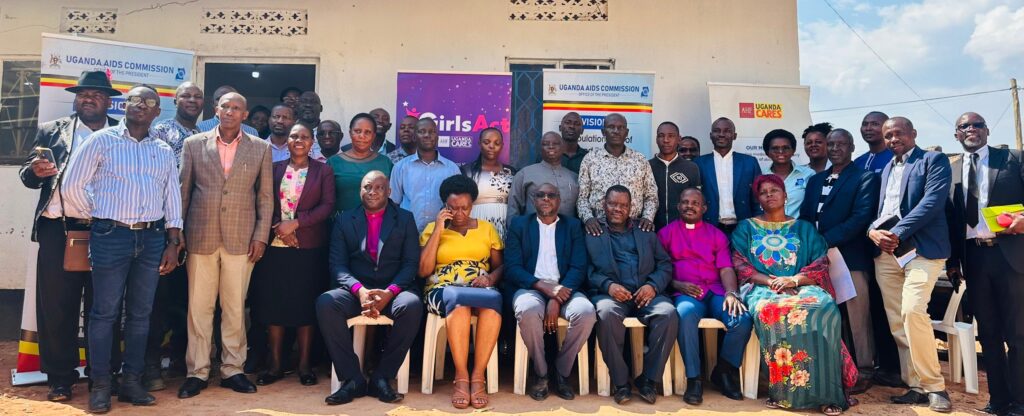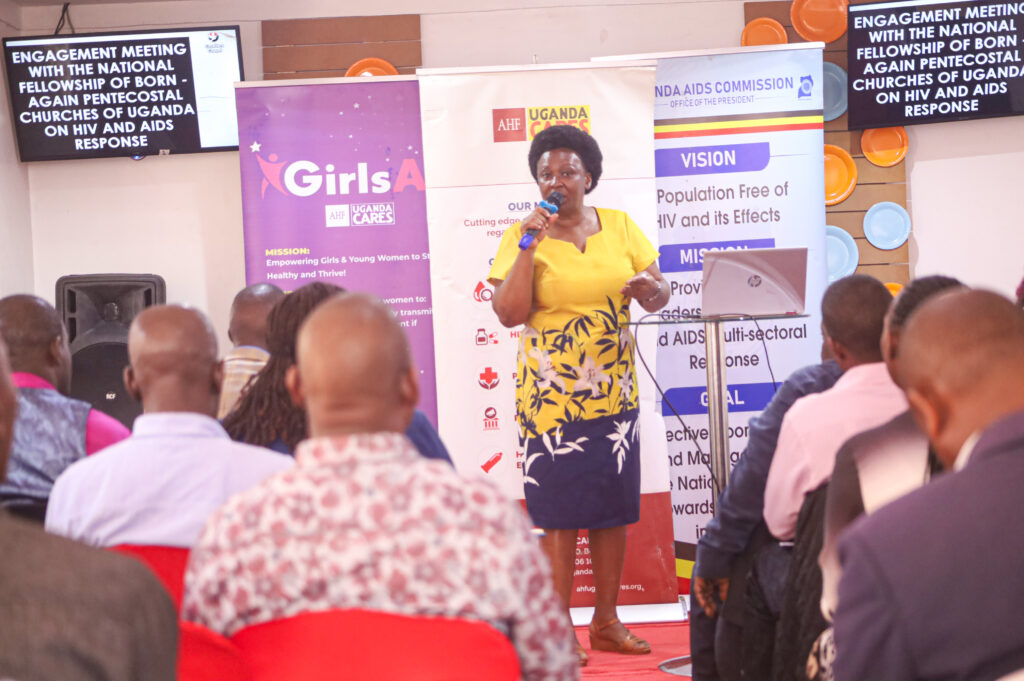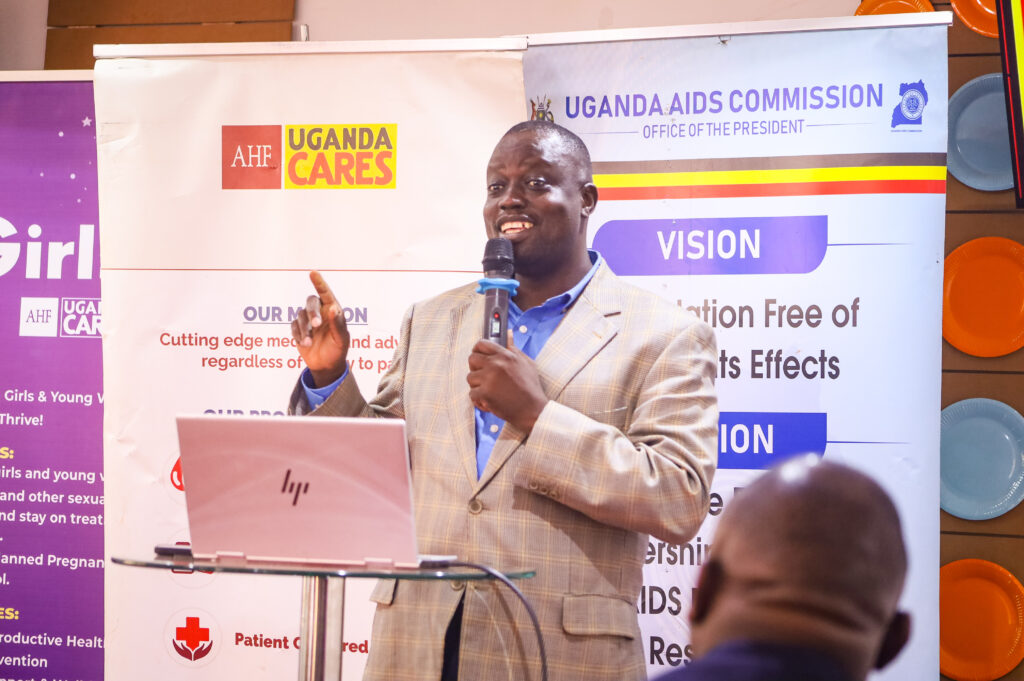
 Mama FM
Mama FM

 Mama FM
Mama FM
29 August 2025, 6:44 pm

By Byamukama Alozious
Pentecostal faith leaders from across Central Uganda have joined forces with health experts in a new drive to strengthen the country’s fight against HIV. The engagement, held at Exceller Chapel in Kanyanya, Kampala, brought together Pentecostal church leaders under the National Fellowship of Born-Again Pentecostal Churches of Uganda, development partners, and government agencies to discuss how churches can influence millions of Ugandans in the journey to end HIV.
Bishop Richard Magongo, the PRO of the fellowship, said Pentecostal churches have often been left out of national programmes and policies, despite commanding over 55,000 congregations across Uganda and reaching millions of believers every week. “Our churches are in every community and gather millions of people every Sunday and throughout the week. We can do more if we are fully engaged,” he said, adding that the partnership with the Uganda AIDS Commission and Uganda Cares is designed to strengthen HIV advocacy and fulfil both the presidential pledge and the global target of ending HIV by 2030.
Health experts highlighted the crucial role faith leaders play in shaping community attitudes. “We want to break the barriers,” said Martha Mbabazi Atayi from AHF Uganda Cares. “For too long, some Pentecostal churches discouraged people from taking HIV treatment, convincing them that prayer alone could heal them. This has led some clients to abandon their medication, putting their lives at risk. By engaging faith leaders, we are ensuring they help people make informed choices, encourage treatment, and protect their health.”
The meeting also addressed sensitive issues affecting young people, including sexual and reproductive health, condom education, and the need to tackle pornography and drug use. Mbabazi noted that Uganda is facing an explosion of sexually transmitted infections (STIs), many of which remain hidden because communities shy away from discussing them. “We need churches to help break the silence and guide young people to wellness centres, HIV testing, and treatment services,” she said. Currently, there are wellness centres in Kamwokya, Kalungu, and Masaka, and community members can also access services through government health facilities.

Statistics shared by the Uganda AIDS Commission indicate that Uganda has 1.5 million people living with HIV, including 930,000 women, 570,000 men, and 71,000 young people. National prevalence stands at 4.9 per cent, higher among women (6.4 per cent) than men (3.4 per cent), with youth at 0.3 per cent. Each year, the country records around 37,000 new infections and 20,000 AIDS-related deaths.
“Every week, we register about 711 new infections. These numbers are concerning,” said Tom Etii, Director of Partnerships at the commission. “Church leaders must help us spread the message of abstinence, safe practices, and adherence to treatment.”

The leaders, through their joint statement, pledged to integrate HIV and sexual and reproductive health messages into their sermons and outreach programmes, promising not to stigmatise believers living with HIV. “When someone says, ‘I am born-again and living with HIV,’ they should not be judged as immoral,” Bishop Magongo emphasised. “Our role is to offer support, not condemnation.”
The fellowship, together with its partners, has already begun work in regions such as Bunyoro and Rwenzori, and is now moving into Buganda, with plans to expand into other regions.